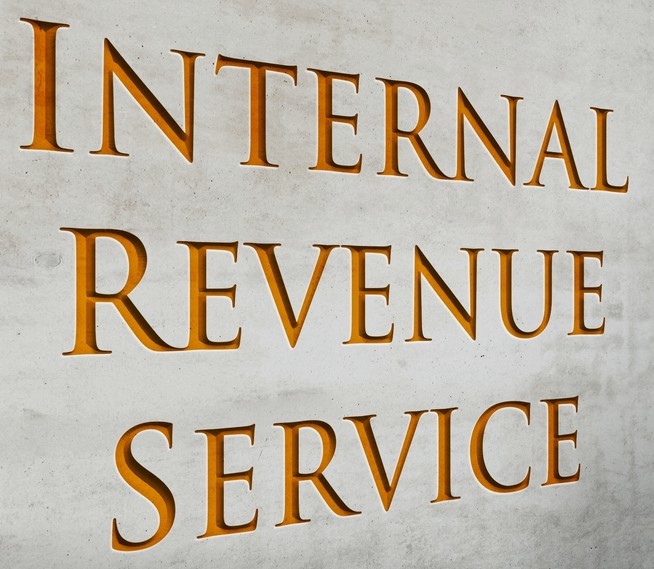Does the IRS Know When You Inherit Money?
Inheriting money often brings a mix of emotions, ranging from gratitude for the legacy left behind to uncertainty about the financial and legal responsibilities it entails. One of the most common concerns is whether the IRS is informed about an inheritance and what tax obligations, if any, apply. While the IRS generally does not track inheritances directly, it’s important to understand how certain inherited assets can create tax implications. Effective financial and estate planning not only ensures compliance with tax laws but also protects the value of your inheritance, securing your future and that of those you may one day leave behind.
The IRS generally does not consider inheritance to be taxable income, and any systems that monitor the inheritance do not automatically report this information to the IRS. However, certain situations,—such as income generated from inherited assets or filing requirements for larger estates—may involve the IRS. Beneficiaries should understand these scenarios to avoid unexpected tax obligations.
When Does The IRS Get Involved?
1. Reporting on Estate Tax Returns
For estates exceeding the federal estate tax exemption threshold (Form 706), the personal representative must file a federal estate tax return. As of 2025, the exemption limit is $13.99 million per individual. The estate handles this filing, ensuring the IRS has a record of the assets distributed to beneficiaries.
2. Taxable Income from Inherited Assets
While an inheritance is generally income tax-free, any income generated by inherited assets is not. You must report dividends from inherited stocks, rental income from inherited properties, and interest from inherited savings accounts on your tax return. Proper planning and timely reporting can help beneficiaries manage their tax responsibilities effectively.
3. Retirement Accounts and Tax Implications
Inheriting retirement accounts, such as IRAs or 401(k)s, often triggers tax obligations. When beneficiaries withdraw money from traditional IRAs, they must pay income taxes, while withdrawals from Roth IRAs are generally tax-free. The new rules under the SECURE Act mandate that most non-spouse beneficiaries withdraw all funds within 10 years, making careful planning essential to avoid penalties.
The Role of Estate Planning in Managing Taxes
A thoughtfully crafted estate plan ensures that beneficiaries are cared for while minimizing tax burdens. Instruments such as irrevocable trusts can shield assets from creditor claims or divorce, provide ongoing support, and simplify the transfer of wealth. Proper use of trusts, beneficiary designations, and other planning tools can reduce estate taxes and help beneficiaries navigate complex financial obligations.
How Can Hoyt & Bryan Help You?
While the IRS may not directly track inheritances, understanding when and how taxes apply is critical for beneficiaries. Income from inherited assets, large estates, and certain retirement accounts can all involve tax considerations. Seeking guidance from experienced estate planning professionals ensures that both you and your loved ones are protected. The Law Offices of Hoyt & Bryan are experts in wills, trusts, and estates. Founding partners Peggy Hoyt and Randy Bryan have combined legal experience of over 50 years. All Hoyt & Bryan attorneys are board certified specialists. If you are interested in setting up an estate plan, please call our offices at 407-977-8080 to schedule a free consultation.
To learn more about how estate planning can benefit you and your family, attend one of our complimentary workshops. Reserve your spot today and stay up to date on our Workshops & Events page to ensure you don’t miss any opportunities throughout the year.



